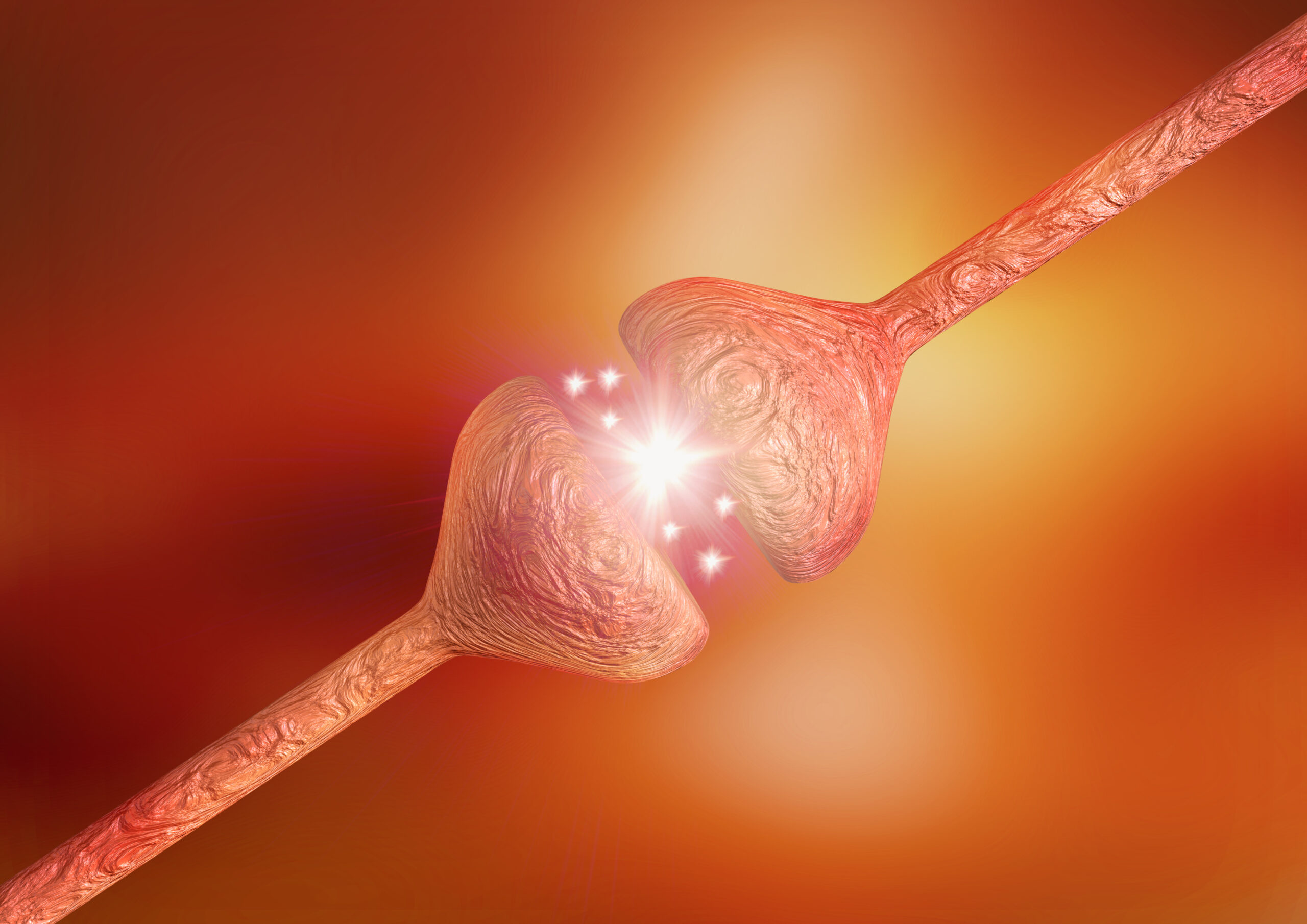Cutting-Edge Gene Therapy May Reverse Memory Loss in Dementia
Cutting-Edge Gene Therapy Offers Hope for Reversing Memory Loss in Dementia
Dementia, particularly Alzheimer’s disease, affects millions worldwide, causing significant memory loss and cognitive decline. Despite extensive research, effective treatments remain elusive. However, recent breakthroughs in gene therapy are offering new hope for reversing memory loss in dementia patients.
Researchers at the Institute of Neuroscience at the Universitat Autònoma de Barcelona have made a significant discovery. They identified a protein called Crtc1, which plays a crucial role in memory consolidation. In Alzheimer’s patients, the formation of amyloid plaques disrupts the function of this protein, leading to memory loss. By using gene therapy to restore Crtc1 production in the brain, specifically in the hippocampus, researchers were able to reverse memory loss in mice models of Alzheimer’s disease.
This innovative approach involves injecting a gene into the hippocampus, a region essential for memory processing. The gene triggers the production of the Crtc1 protein, which helps activate genes involved in long-term memory formation. The study, published in a leading neuroscience journal, highlights the potential of gene therapy as a new therapeutic strategy for Alzheimer’s disease.
While this breakthrough is promising, there are challenges ahead. Developing pharmacological therapies that can safely activate the Crtc1 protein in humans is a priority. If successful, such treatments could prevent, slow down, or even reverse cognitive decline in patients.
This research opens up new avenues for understanding and treating dementia. It underscores the importance of continued research into the complex mechanisms underlying memory loss and cognitive decline. As scientists continue to explore gene therapy and other innovative treatments, there is growing optimism that effective solutions for dementia may soon be within reach.





